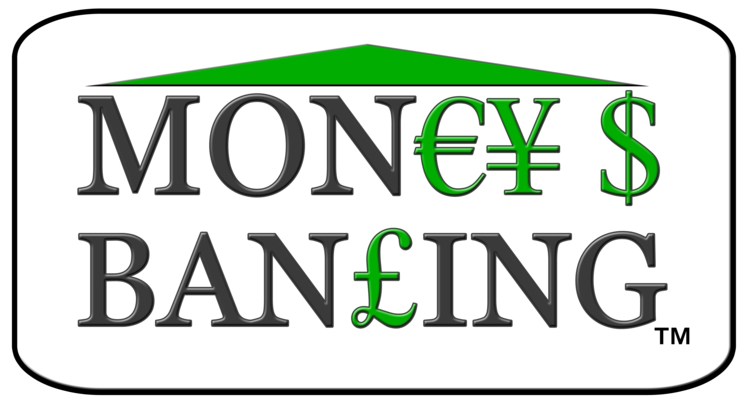Many features of our financial system—institutions like banks and insurance companies, as well as the configuration of securities markets—are a consequence of legal conventions (the rules about property rights and taxes) and the costs associated with obtaining and verifying information. When we teach money and banking, three concepts are key to understanding the structure of finance: adverse selection, moral hazard, and free riding. The first two arise from asymmetric information, either before (adverse selection) or after (moral hazard) making a financial arrangement (see our earlier primers here and here).
This primer is about the third concept: free riding. Free riding is tied to the concept of a public good, so we start there. Then, we offer three examples where free riding plays a key role in the organization of finance: credit ratings; schemes like the Madoff scandal; and efforts to secure financial stability more broadly....
Read More
